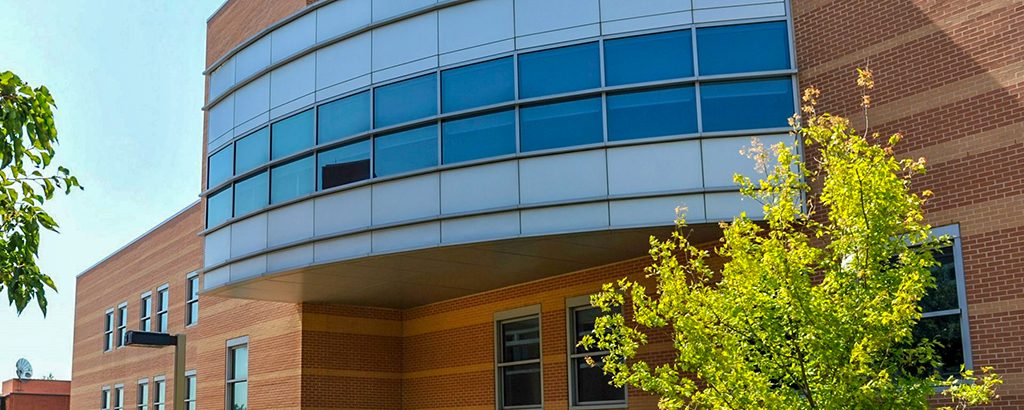
Intro computing courses for students in any major through X + Computing pilot
Computing and coding skills are becoming integral to many jobs and industries, but students outside of computing disciplines are not always exposed to these fundamentals. UMBC is working to change that with new learning pathways for non-computer science majors.
The pilot “X + Computing” program — named for the way it combines computer science with other fields — is funded by a nearly $300,000 award from the National Science Foundation. Leading the initiative are UMBC President Freeman Hrabowski; Katharine Cole, vice provost and dean of dean of undergraduate academic affairs; and Anupam Joshi, professor and chair of computer science and electrical engineering. Susan Mitchell, lecturer of computer science and electrical engineering, and David Chapman, assistant professor of computer science and electrical engineering, are also part of the grant.
Demystifying computer science
The first course in the series was piloted in spring 2018, teaching computer science fundamentals through projects on real-world topics of interest to students from a broad range of majors. The second course (launching in fall 2019) will enable students to gain a deeper understanding of the Python programming language through examples that are relevant for non-majors.
Mitchell is the instructor of the first course, which is now in its third semester. She shares that the course has gained traction, with 18-22 students enrolling each semester, half of whom identify as women. Mitchell notes that students in the computer science for non-majors course have also demonstrated the same mastery of the material as those in the traditional introductory computer science course.
“I love to see when I have demystified computer programming for non-majors,” says Mitchell. “We assume that all students somehow know what programming is, but that’s certainly not true. What I have seen is that non-majors are just as motivated and succeed at the same rate as majors.”
Gaining traction
Jeremy Keaton ‘19, music, was curious about the computer science for non-majors course because he had an interest in computing but had not explored the topic. “I enjoyed the amount of hands-on programming the course had, and the large projects gave us valuable experience designing functional programs,” he says. “I found it interesting and useful, so I am continuing to take computer science courses and I added a minor in computer science.”
Keaton shares, “I find that what I’ve learned in computer science classes often relates to things in everyday life, from big ideas like logic to specifics like noticing structures and data types while using programs like Excel or browsing the internet.”
Expand computing education at UMBC
Joshi is excited about the opportunity reach a broader set of students through the X + Computing program. He notes that some students in other majors can feel deterred by the math and science prerequisites for traditional computer science courses. “The current design of most computer science classes thus misses out on this more diverse set of students interested in computing,” Joshi explains.
Increasing access to computing skills is an important priority for Joshi and for his department. He hopes X + Computing will appeal to both students who want to add a computer science or computing minor to their non-computing major, and students who want to shape a major around interests rooted in computing. In the future, it’s possible that existing courses will be combined to create a minor in computing that would be open to students in majors across campus.
This program is one of several initiatives the College of Engineering and Information Technology and UMBC more broadly are exploring to expand opportunities for students from all backgrounds to grow their technical knowledge and experience.
“Finding ways to enable expertise in digital proficiency and experience in engineering design for all students, including students in any UMBC major, is essential for our college to help fulfill Maryland’s goals for its future workforce,” explains Keith J Bowman, dean of UMBC’s College of Engineering and Information Technology.
Adapted from a UMBC News article written by Megan Hanks. Banner image: UMBC’s Information Technology and Engineering building. Photo by Marlayna Demond ’11 for UMBC.